Peruvian investigative journalism site IDL-Reporteros received, for the third time this week, a request from judicial and legislative authorities to reveal its journalistic sources after it published a report revealing alleged acts of corruption in the Peruvian judicial system.
The repression and fear that the government of President Rafael Correa (2007 - 2017) imposed on the Ecuadorian media and journalists is apparently coming to an end after the arrival of Lenin Moreno last year,according to a recent report by the Committee for the Protection of Journalists (CPJ).
The Inter-American Commission on Human Rights (IACHR) adopted precautionary measures for the widow of a journalist killed in Nicaragua while covering protests and members of a radio station that was set on fire.
Mexican journalist Abraham Torres reported he was denied entry at Simon Bolivar International Airport while on his way to a journalism festival hosted by digital news site Efecto Cocuyo.
Mexico held historic elections on July 1 with a landslide victory from Andrés Manuel López Obrador. And in an electoral season of unprecedented violence against politicians and political candidates, the press was also a target.
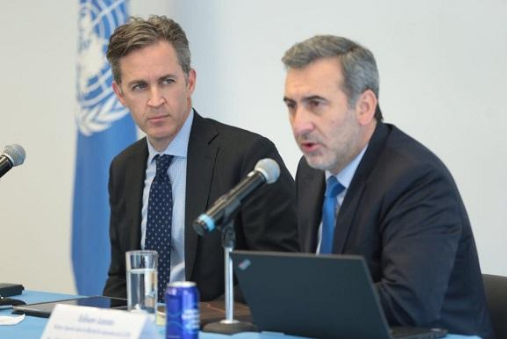
While Mexico is preparing for the general elections on July 1, the recent joint report of the Inter-American Commission on Human Rights (IACHR) and the United Nations (UN) urges the country’s government to guarantee the safety of journalists covering the electoral process as they are vulnerable to threats and physical aggression by political actors and third parties.
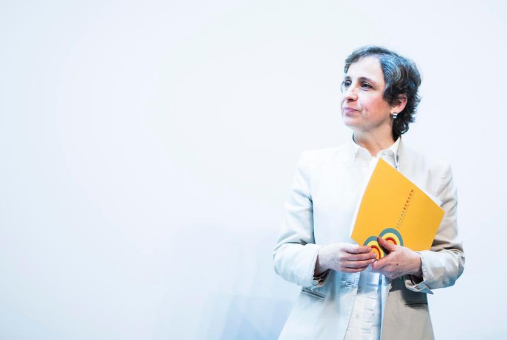
Three years after she was taken off the air, a Mexican federal court ruled that the dismissal of Carmen Aristegui from the MVS radio group was illegal.
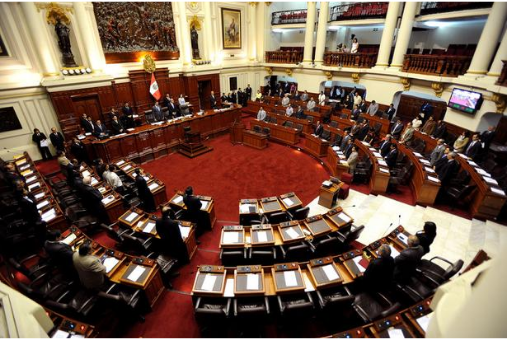
The Peruvian Congress ratified Law 2133, which prohibits official advertising in private media outlets, during the night of June 14. Advocates say it will curb public spending, but critics say it is a form of indirect censorship against media.
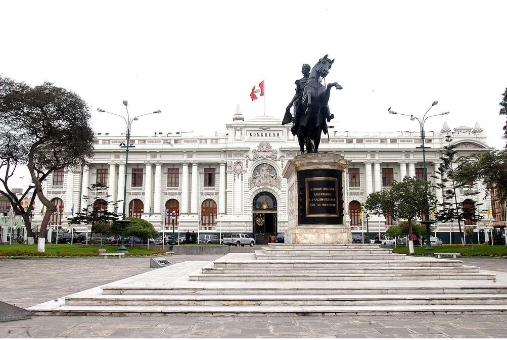
This week, the Plenary of the Peruvian Congress may approve a controversial law that prohibits state advertising in private media.
El Nacional, one of the leading independent newspapers in Venezuela that continues to cover the entire country in its print and digital formats, will have to pay a fine of reparation of one billion bolivars (around US $12,000) for "moral damage."
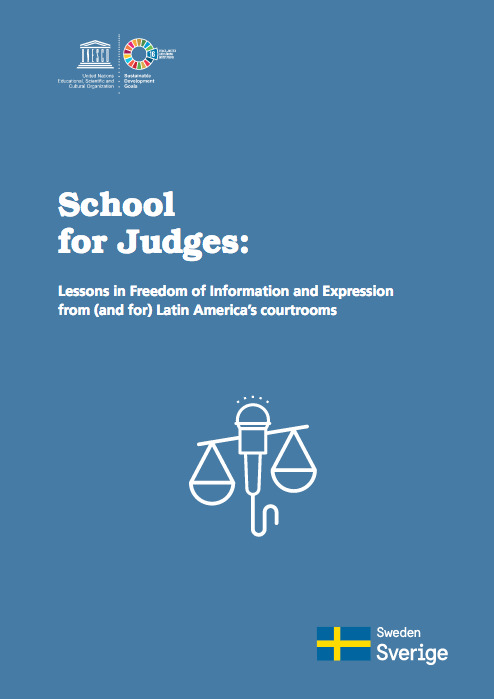
Five years after its implementation, UNESCO's project to train judges, prosecutors and other judicial operators in Latin America on freedom of expression and access to information has become the most ambitious judicial training program in the region and has led to concrete results in the courts

The Board of Immigration Appeals accepted the emergency suspension of the imminent deportation of Salvadoran journalist Manuel Durán, who since April 5 has been held in Louisiana detention centers belonging to the U.S. Immigration and Customs Enforcement Service.